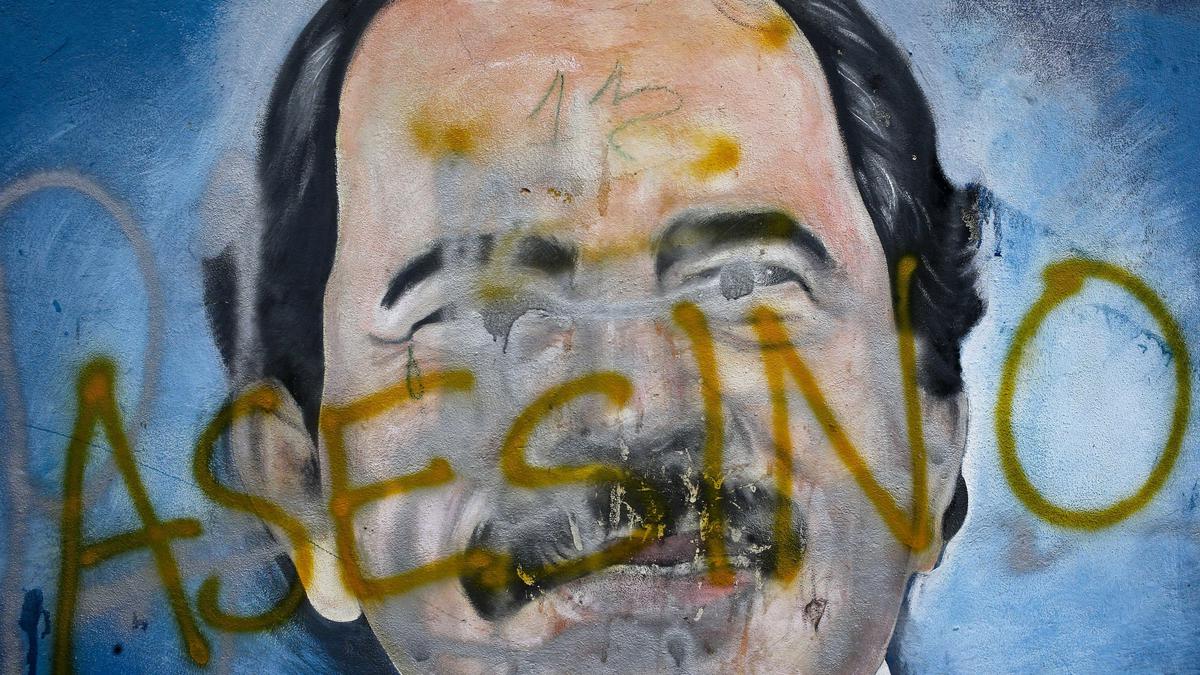
How Nicaragua is dividing leftist Latin America Premium
The Hindu
Spread as they are across the leftist spectrum, Latin American governments have failed to come up with a cohesive response to Nicaraguan President Daniel Ortega stripping more than 300 opponents of citizenship
Nicaraguan President Daniel Ortega's move to strip more than 300 critics and political opponents of citizenship, and Chile's forceful condemnation, have shone a spotlight on a deep ideological divide between leftist Latin American leaders.
Spread as they are across the leftist spectrum — from European-style social democracy on one end to heavy-handed, one-party rule on the other — Latin American governments have failed to come up with a cohesive response to an act condemned by the U.N.
Chile's Gabriel Boric is alone in the region, so far, in overtly denouncing Mr. Ortega's actions, branding him a "dictator."
Argentina, Colombia and Mexico waited a few days, then offered solidarity, asylum, even nationality to now stateless dissidents. But without any harsh words for Mr. Ortega.
Brazil, where Luiz Inacio Lula da Silva took over on January 1, is still silent.
For most leftist Latin American presidents, "ideology weighs more heavily than reality," Michael Shifter of the Inter-American Dialogue think-tank in Washington told AFP.
"For their more radical bases, condemning Mr. Ortega could be interpreted as an alignment with Washington," he added — "still a sensitive question" after decades of U.S. interference in the affairs of Latin American countries, especially ones governed by the left.

 Run 3 Space | Play Space Running Game
Run 3 Space | Play Space Running Game
 Traffic Jam 3D | Online Racing Game
Traffic Jam 3D | Online Racing Game
 Duck Hunt | Play Old Classic Game
Duck Hunt | Play Old Classic Game

















